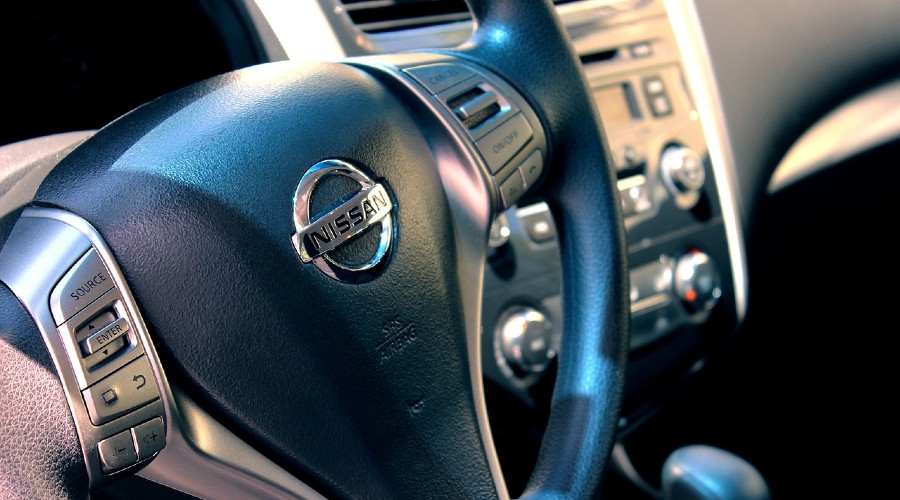If you’ve ever been involved in a car accident, you know it can be a chaotic and stressful event. In the aftermath, one looming question might be: “Can someone sue me for this?” The simple answer is yes, they can. But the more complex answer takes into consideration several factors, including fault, damages, and the legal process.
Determining Fault in a Car Accident
The crux of liability in car accidents revolves around the concept of fault. If you are found to be at fault for the accident, the other party involved has the right to seek compensation for damages. These damages can be physical injuries, property damage, emotional distress, and more.
Fault is determined by the laws in the jurisdiction where the accident occurred. Some states operate under a “no-fault” system, which means that each driver’s insurance pays for their damages, regardless of who caused the accident. However, even in no-fault states, at a certain threshold of damages or under specific circumstances, the at-fault driver can still be sued.
Understanding Negligence
In the states where fault matters, the concept of negligence often plays a critical role. If you were negligent – that is, if you failed to act with reasonable care on the road – and that negligence led to an accident, you can be held legally responsible. Common examples of negligent behavior include speeding, texting while driving, and running a red light.
What Happens When You Get Sued?
Being sued typically starts with the other party filing a complaint against you. This complaint will state what you did wrong, the harm caused, and the amount of compensation being sought. Once you are served with the lawsuit, it is critical to contact your insurance company and an attorney immediately. Your insurance company will usually provide a defense for you if the accident is covered under your policy.
Financial Exposure
If the court rules against you, or if you agree to a settlement, you may be responsible for a monetary award. Your car insurance policy has limits on how much it will pay out for different types of damage. If the damages exceed your policy limits, you could be personally responsible for the remainder.
Protecting Yourself
To minimize the risk of a lawsuit, it is advisable to carry adequate car insurance coverage that aligns with your financial situation. It’s also prudent to practice safe driving habits to prevent accidents in the first place. In the event of an accident, document everything and exchange information with the other party, but refrain from admitting fault at the scene.
Conclusion
Yes, someone can sue you if they believe you were at fault in a car accident. The best defenses against this are often preventative – appropriate insurance coverage and safe driving habits. However, if you do find yourself being sued, understanding the legal process and seeking prompt professional guidance is essential to navigate the challenges that follow.
Remember, each car accident and subsequent legal action is unique. Laws differ from state to state, and outcomes can be unpredictable. Always consult with a legal professional for guidance tailored to your specific situation.

